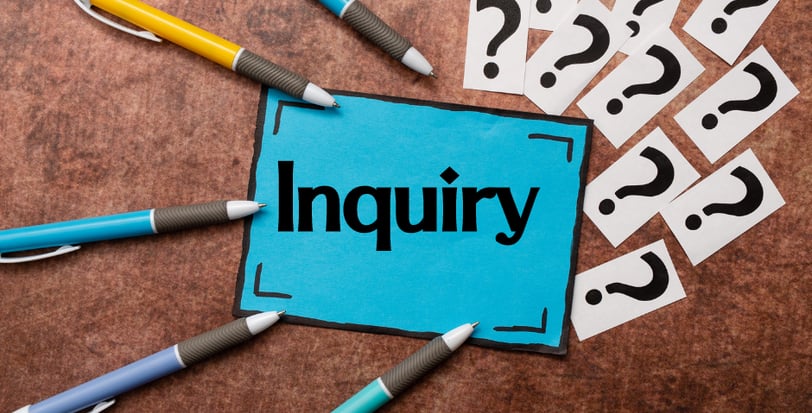The Power of Education
How Can We Empower Students to Master the Topic of Education?
Introducing innovative and captivating teaching methods into your classroom can transform the learning experience for your students, especially when tackling complex topics like education.
As an EFL educator, you understand the importance of engaging your students effectively while honing their language skills. Here, are seven dynamic strategies designed to invigorate your classroom, enrich vocabulary, elevate speaking and writing proficiency, and cultivate critical thinking among your students.
Education is a topic that resonates with every student, as it directly impacts their lives and futures. However, traditional teaching approaches may not always capture their attention or stimulate meaningful discussions. That's where these versatile strategies come in – they offer a blend of creativity, interactivity, and real-world relevance to ignite students' curiosity and deepen their understanding of educational concepts.
Whether you're aiming to expand their vocabulary, sharpen their communication skills, or encourage independent inquiry, these strategies are tailored to meet the diverse needs and interests of your EFL students:


1. Vocabulary Enrichment:
Word Walls: Create a visual display of key education-related vocabulary, updating it regularly with new terms and definitions.
Vocabulary Journal: Let students use a word-builder to record new words about the topic when learning at home.
Word Association: Encourage students to brainstorm associations with education-related terms, promoting deeper understanding and retention.
Contextual Learning: Embed vocabulary within relevant texts or discussions, allowing students to grasp words in their intended contexts.
Digital Tools: Utilize online resources and apps for vocabulary practice, such as flashcard platforms or word-learning games.
2. Speaking and Writing Lesson:
Discussions: Do short a lead-in, then provide prompts for think-pair share, and then discussion in groups.
Role-Playing: Have students enact scenarios such as parent-teacher conferences, student-teacher dialogues, or school board meetings.
Writing: Provide prompts for students to write about education.
Presentation Projects: Task students with creating and delivering presentations on educational innovations, historical milestones, or global perspectives on schooling.
Socratic Seminars: Facilitate student-led discussions where they explore complex questions about education, encouraging critical thinking and active participation.
3. Inquiry-Based Learning (IBL) Projects:
Research Investigations: Assign inquiry projects on topics like the history of education, learning theories, or the impact of technology in classrooms.
Field Studies: Organize visits to local schools or educational institutions, allowing students to observe and analyze teaching practices firsthand.
Problem-Based Learning: Present students with real-world educational challenges and guide them through the process of brainstorming solutions collaboratively.
Digital Portfolios: Have students document their learning journeys and reflections on educational topics through multimedia portfolios.
Community Engagement: Encourage students to identify education-related issues in their communities and propose actionable solutions through research-based projects.
5. Debate:
Structured Debates: Provide frameworks for structured debates on controversial educational topics like standardized testing, school funding, or inclusion policies.
Fishbowl Discussions: Arrange a small group of students to have an open discussion while the rest of the class observes, then switch roles.
Role Reversal: Assign students to argue positions they don’t personally agree with, challenging them to develop empathy and persuasive skills.
Cross-Curricular Debates: Integrate topics from other subjects like science education or language acquisition into debates, fostering interdisciplinary connections.
Reflection Journals: After debates, have students reflect on their arguments, counterarguments, and new perspectives gained.
These strategies are just the beginning! By incorporating these diverse approaches into your EFL classroom, you can empower your students to engage deeply with the topic of education while honing their language skills and critical thinking abilities.
And don't forget to enhance your teaching toolkit with our FREEBIE discussion prompts on the environment topic, available for download at our Teachers Pay Teachers store. Happy teaching!
Happy teaching!










6. Case Study Analysis:
Historical Case Studies: Explore pivotal moments in education history, such as landmark court cases or significant educational reforms.
Contemporary Case Studies: Analyze current events or recent educational initiatives from around the world, encouraging students to consider diverse perspectives.
Comparative Case Studies: Compare and contrast educational systems, policies, or practices across different countries or regions, fostering global awareness.
Project-Based Case Studies: Task students with investigating and presenting case studies on topics like educational equity, educational psychology theories, or educational leadership models.
